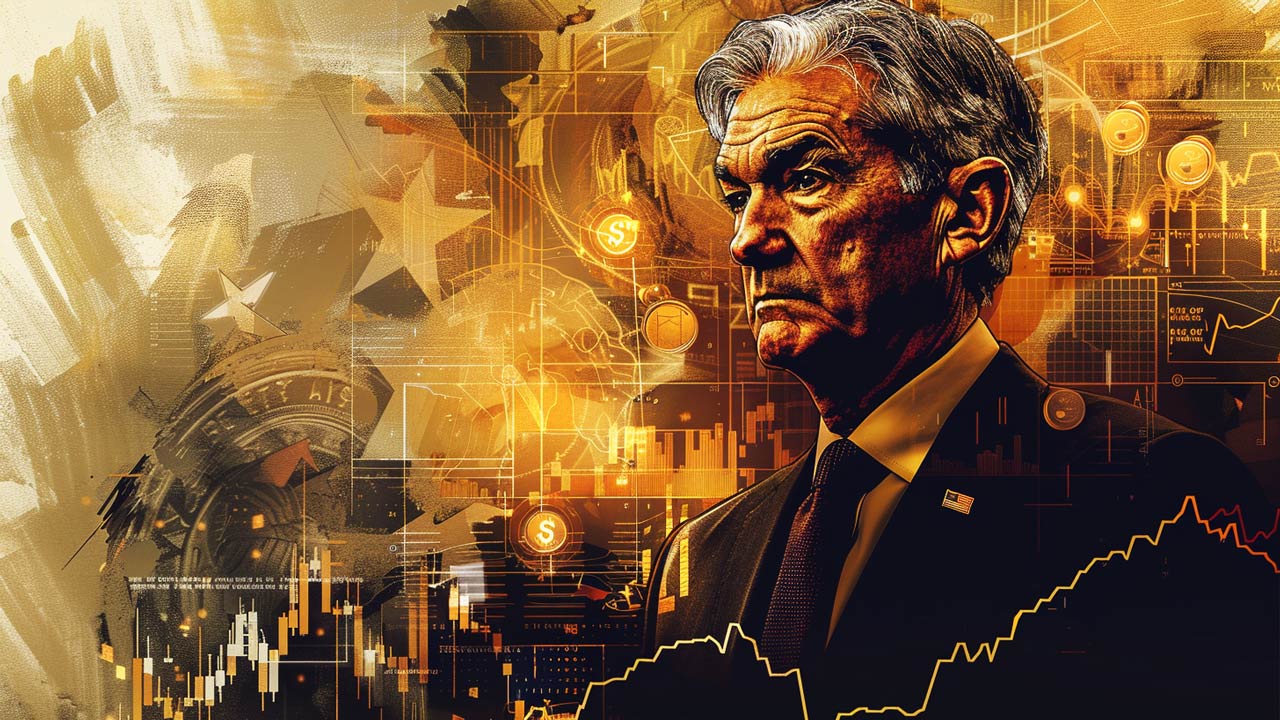Central Bank Digital Currencies: Another Front in the War on Cash
There has been a lot of talk lately about central banks implementing their own digital currencies.
Why?
As economist Daniel Lacalle notes, most transactions conducted using the world’s primary currencies are already electronic. In practice, the US dollar, the yen, the euro, the Swiss franc and the yuan already function as digital money. So why the rush to create new central bank digital currencies?
Simply put, this is another front in the war on cash.
And that means it’s about control.
As Lacalle put it, this is basically another step in the effort to gradually get rid of physical currencies “with an idea of strengthening control of the payments and make it simpler to trace the use of a particular means of payment.”
It’s also an effort to undercut the popularity of private digital currencies such as bitcoin.
A digital currency is nothing more than a virtual banknote or coin that exists in a digital wallet on your smartphone instead of a billfold or a purse. The value of the digital currency is backed by the state, just like traditional fiat currency. China has already rolled out a pilot program for a digital version of the yuan.
The government can easily track digital payments. As Bloomberg put it in an article highlighting the Chinese plan, digital currency “offers China’s authorities a degree of control never possible with physical money.” Specifically, a digital currency might allow the Chinese government to more closely monitor mobile app purchases, accounting for about 16% of the country’s GDP. And if they can monitor such purchases, they can also block them.
Government officials and central bankers sell digital currencies with promises of “efficiency” and claim it will improve the “transmission mechanism of monetary policy.”
What exactly does this mean?
Lacalle explains that appeals to improve the transmission mechanism is really another central bank attempt to encourage consumption and discourage savings. His argument makes sense. Practically speaking, you can’t stick digital currencies under your mattress. And in terms of monetary policy, Lacalle says a fully digital currency would offer central banks and government agents much more control over the money supply.
When central banks say they want to improve the transmission mechanism of monetary policy, many of their messages are based on a wrong diagnosis: That there is an excess of savings that needs to be restrained. Central banks implement negative rates to try to push savers to take more risk, spend and invest more.”
Lacalle counters that issuing a digital currency isn’t more efficient. But it does give central banks more control over spending and monetary transactions.
It is another means of financial repression. If negative rates don’t work as a way of forcing economic agents to spend even more, they seem to think, then negative rates and dissolving the currency via an even higher increase in the supply of money with a digital currency should do. The problem is that it does not work either. A central bank digital currency will increase the perception of risk and will not make economic agents spend or invest more because the problems of debt, overcapacity, and malinvestment will not be limited with a digital currency, they will be exacerbated.”
The popularity of cryptocurrencies has soared in recent years. The anonymity they offer and their inability to control them do not please government officials and central bankers. They hope central bank-created, government-controlled digital currencies will undercut bitcoin and other cryptos. Lacalle thinks the powers-that-be miss the entire reason cryptocurrencies have grown in popularity to begin with. It’s not because of people’s “idiocy or ill-means,” but because they do not trust government manipulated fiat currencies.
That is why a central bank digital currency is an oxymoron, a contradiction in terms. The reason why citizens demanded cryptocurrencies is precisely because they were not controlled by central banks that constantly aim to increase the money supply and generate depreciation of money, inflation.”
Governments around the world have quietly waged a war on cash for years. Back in 2017, the IMF published a creepy paper offering governments suggestions on how to move toward a cashless society even in the face of strong public opposition. Governments and central bankers claim moving toward a cashless society will help prevent crime and will boost convenience for the average citizen. But the real motivation behind the war on cash is control over you. We got a first-hand look at what happens when governments restrict access to cash when India plunged into a cash crisis after the country’s government enacted a policy of demonetization in November 2016.
The creation of central bank digital currencies is just another step down the path toward a cashless society.





 Since Nayib Bukele became president of El Salvador, El Salvador has been in American media and global political discussion more than ever. While much of the attention focuses on Bukele’s mass incarceration of gang members and a decline in homicide of over 70%, Bukele has also drawn attention to his favoritism towards Bitcoin and how he […]
Since Nayib Bukele became president of El Salvador, El Salvador has been in American media and global political discussion more than ever. While much of the attention focuses on Bukele’s mass incarceration of gang members and a decline in homicide of over 70%, Bukele has also drawn attention to his favoritism towards Bitcoin and how he […] With gold hitting yet another awe-inspiring all-time high in the wake of Powell’s remarks reassuring markets (more or less) to expect rate cuts in 2024, a few analysts are pointing out risk factors for a correction — so is there really still room to run?
With gold hitting yet another awe-inspiring all-time high in the wake of Powell’s remarks reassuring markets (more or less) to expect rate cuts in 2024, a few analysts are pointing out risk factors for a correction — so is there really still room to run? Gold hit a new all-time nominal high, surpassing the previous record set in December of the previous year. The precious metal’s price reached approximately $2,140, indicating a robust and continuing interest in gold as a safe-haven asset, despite a rather peculiar lack of fanfare from the media and retail investors. This latest peak in gold […]
Gold hit a new all-time nominal high, surpassing the previous record set in December of the previous year. The precious metal’s price reached approximately $2,140, indicating a robust and continuing interest in gold as a safe-haven asset, despite a rather peculiar lack of fanfare from the media and retail investors. This latest peak in gold […] The gold price has been surging, with unprecedented central bank demand gobbling up supply. It has been a force to behold — especially as US monetary policy has been relatively tight since 2022, and 10-year Treasury yields have rocketed up, which generally puts firm downward pressure on gold against USD.
The gold price has been surging, with unprecedented central bank demand gobbling up supply. It has been a force to behold — especially as US monetary policy has been relatively tight since 2022, and 10-year Treasury yields have rocketed up, which generally puts firm downward pressure on gold against USD.  Total gold demand hit an all-time high in 2023, according to a recent report released by the World Gold Council. Last week, the World Gold Council (WGC) released its Gold Demand Trends report, which tracks developments in the demand for and use of gold around the world. Excluding over-the-counter (OTC) trade, 2023 gold demand fell slightly from 2022 […]
Total gold demand hit an all-time high in 2023, according to a recent report released by the World Gold Council. Last week, the World Gold Council (WGC) released its Gold Demand Trends report, which tracks developments in the demand for and use of gold around the world. Excluding over-the-counter (OTC) trade, 2023 gold demand fell slightly from 2022 […]